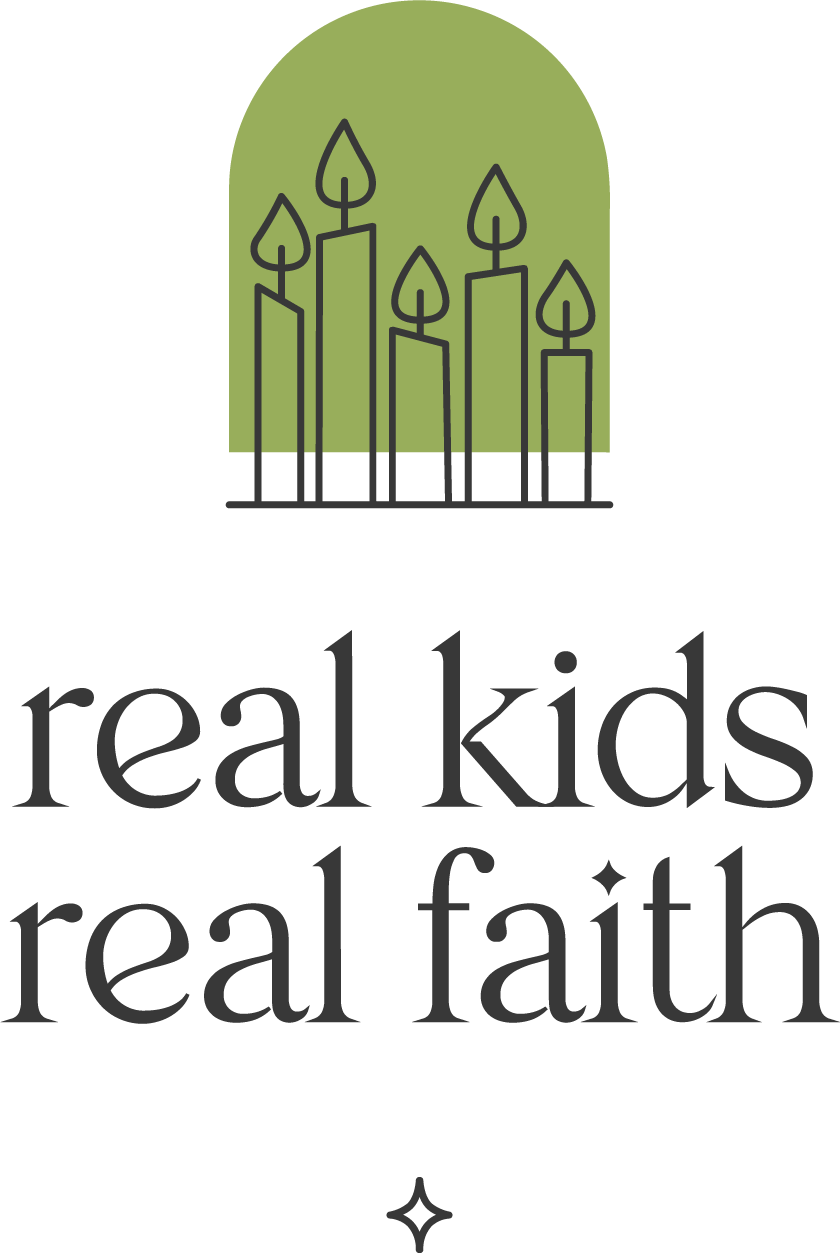Sam and TJ have learned a lot about ‘Dead Straight Cisgender White Men’ in history. So when they have to research a local historical figure for commemoration on Staten Island, they are adamant about finding someone they can relate to as non-binary residents. They discover photographer Alice Austen, as well as the rich queer history of their community.
Alex Gino’s Alice Austen Lived Here explores LGBTQIA+ terms, identity, and history. Use the book as a springboard for further discussion around identity, spirituality, and social justice issues with children 9-12.
Body Positive: Val and Jess feel comfortable in their bodies. They hold dance parties, bump bellies, use appropriate terms for body parts, and encourage Sam to use them too, without giggling. They talk about spending time naked as a way to become more comfortable in their skin. Ask: What does it feel like to be comfortable in your body? How comfortable are you in your body? What activities can you do to help you feel more comfortable in your body? Select one to try out for a week. Check back in and ask: What did you like about this practice? What might you change?
Inclusive Language: Jess and Val are very careful to use language that includes all people. They use people’s desired pronouns and do not assume anyone’s gender. Spend some time with children noticing the prevalence of gendered language (for example, stereotyping in ads, men’s and women’s restrooms, addressing people as ma’am or sir, etc.). Then, brainstorm ways you can advocate for more inclusivity in your community (e.g., suggesting the library designate non-gendered restrooms or recommending that teachers not line up students by gender).
Chosen Family: Leslie notes how many queer people have a group they identify as family members even though they are not related. She says, “Blood may be thicker than water, but shared community and experience are thicker than both.” Invite children to draw a picture or diagram of their chosen family members. Then ask: Why do people create a chosen family? Who is part of your chosen family? What characteristics do you look for in chosen family members? Who would consider you part of their chosen family?
Being Brave: After a difficult day at school, Sam and Leslie discuss being queer and brave. Bravery has meant different things through the years as people in the LGBTQIA+ community have gained rights and visibility. Ask: What are some ways you are brave in your identity? Where are some places you could be braver?
Statues: Sam and TJ discuss historical bias and how it is visibly reflected in who New York City chooses to commemorate with statues. The vast majority are white men. Explore your city with children. Count how many statues you find of people of color, women, or those in the LGBTQIA+ community vs. those of white men. Then do some research together to discover who is missing from the visual history of our city. Write to your city or town leaders and ask them to find ways to commemorate these people as well.

Comments